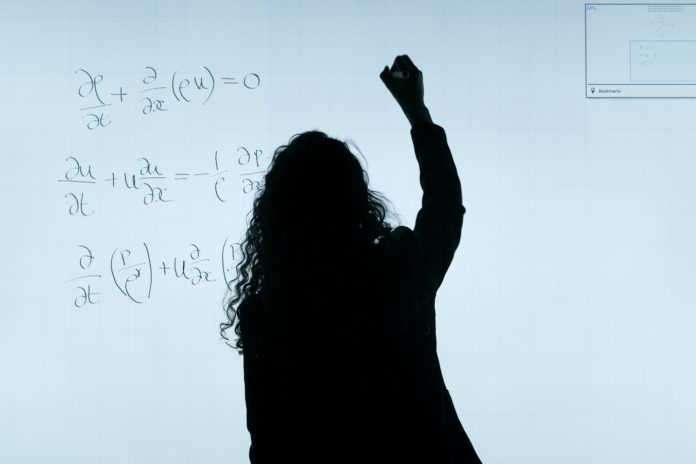At the end of 2023, the Oppenheimer Memorial Trust Education Research Report was released, and it found that only 55% of Grade 6 teachers could read for comprehension at a Grade 4 level. The report also found that 80% of Grade 6 mathematics learners were taught by teachers with subject knowledge below the level of the grade being taught.
Solving this crisis won’t be simple, nor is it a quick fix. As Professor Divya Singh, Chief Academic Officer at JSE-listed higher education provider, STADIO says, “Quality of teaching, and understanding what is required and where intervention is needed to improve the current situation is multifaceted and complex. It will require an integrated solution from a variety of roleplayers.”
However, something must be done, and done urgently given the national crisis and shortage of skilled teachers. Among the interventions required to correct this gravely concerning issue, are two key areas on which tertiary institutions should focus; (i) investing deeply and carefully in their teacher training curricula to build a cadre of teachers who are properly capacitated and skilled to practice their profession; and (ii) providing bridging support for students who have come through the primary and secondary school systems, and wish to access higher education qualifications but do not have the admission requirements.
Why focus on standards?
Maintaining stringent training standards for teachers in South Africa is crucial for several reasons. One is that these standards help support a robust and equitable education system that meets the needs of each learner and contributes to the development of the country. Another reason is that high standards underpin professionalism and ethical conduct among teachers. Teachers are role models for learners and their behaviour influences the ethical and moral development of the young people they teach.
Both and, not either or
Singh says that STADIO has found that it is important to strike a balance between supporting students studying to become teachers to bridge gaps between their own secondary and tertiary education, while also protecting academic standards at the tertiary level.
“Support and academic standards are not an either/or concept but should be seen as complementary. To maintain academic standards, it is critical to ensure that students can progress with the required learning. Many students entering higher education from school are not ready for higher education for manifold reasons,” says Singh. Teaching has been described as a noble profession – our teachers must understand the critical role they play, and be committed to promoting the nobility of their profession.
STADIO’s Academic Promise informs the academic strategy which is focused on widening access (with success). The aim is to eliminate unfair barriers to access and allow all qualifying students the opportunity to enter higher education, but critically also helping to ensure that they succeed once they get there.
Effective maths support programmes
This type of support is especially important for students who are studying to become educators themselves. STADIO has around 10 000 students enrolled in its education programmes and its maths support programmes, which are offered to all students, are particularly pertinent for this group of students.
The maths support programmes can help break the otherwise disastrous cycle of new teachers being ill-equipped with sufficient maths knowledge as they themselves join the teaching workforce.
These support programmes are integrated into the curriculum and offer students different approaches to covering the requisite maths content, building their capabilities as they pursue their student journey. The intervention gives them the space to develop the necessary skills and knowledge at a pace and with support that helps them achieve overall success. “We are determined not to compromise on standards when it comes to mathematics competencies, but it also doesn’t need to be a ‘sink or swim’ situation for students. The advantage of this system is that we are able to offer more direct support to our students without specifically holding them back,” says Singh.
Rather than exclude students who do not have the required maths results, Singh explains that the STADIO approach creates an opportunity for them to continue with their higher education studies but also responsibly ensures that students are equipped with the right knowledge. “Students then don’t lose out timewise and are still armed with the necessary knowledge and skills for success,” she says.
These initiatives, along with robust teaching practice and theoretical grounding in their courses, are helping to develop and equip future generations of teachers who will help to mitigate the crisis currently facing South Africa’s education system.












